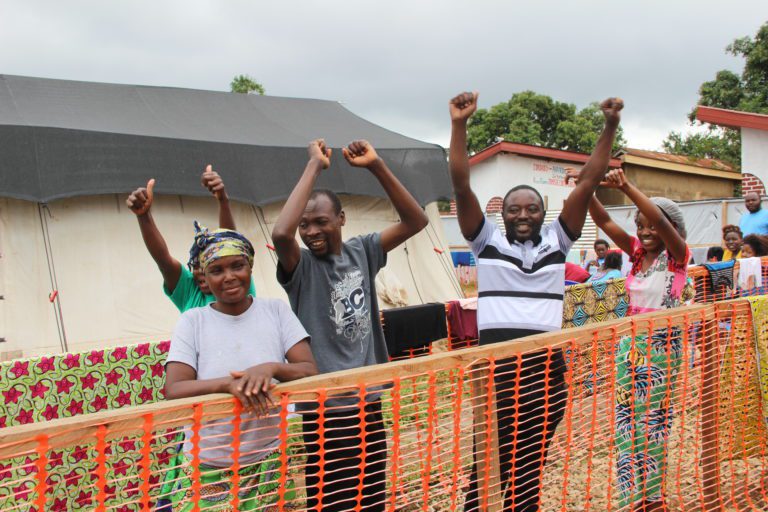
Testimony from the field: “Morale is important to defeat Ebola”
When caring for patients during an Ebola outbreak, medical treatment is not the only aspect of the care. Oléa Balayulu,

When caring for patients during an Ebola outbreak, medical treatment is not the only aspect of the care. Oléa Balayulu,
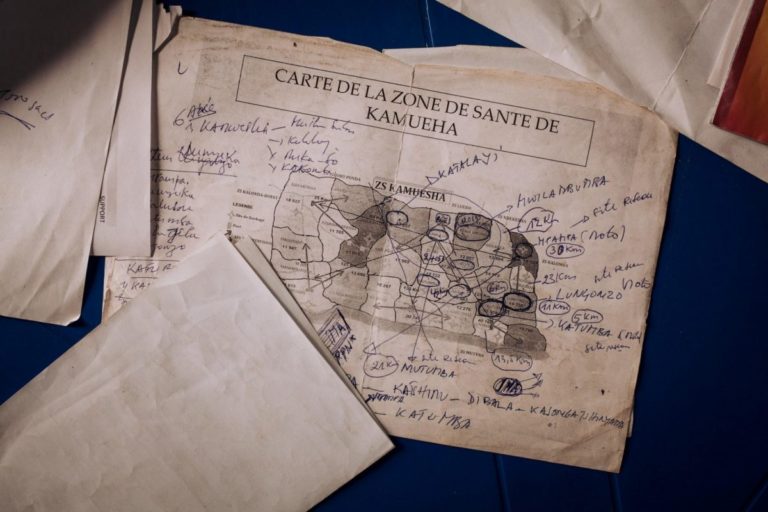
Alexis Huguet, is a freelance photographer who has been living in Africa for the past three years. Today he tells
Admiration. Joy. Fear. Sadness. Pride. Emotions were high during the week I spent with the team at ALIMA’s Ebola Treatment
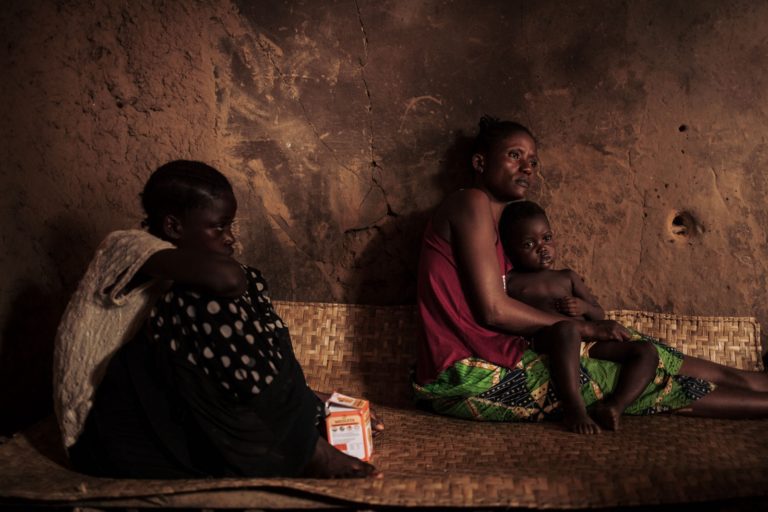
Imagine: your child is hungry, but your food stocks have been depleted. Your child has lost weight and is suffering
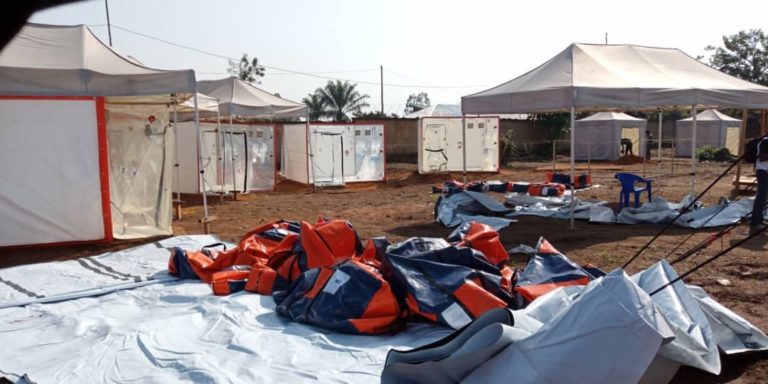
Dakar/Kinshasa – Following the declaration of the second outbreak of Ebola this year in the Democratic Republic of Congo (DRC),
Dakar/Paris, June 18 2018. The medical humanitarian organization ALIMA (The Alliance for International Medical Action) will open an Ebola treatment
Following the confirmation of multiple cases of Ebola, a team from ALIMA is currently conducting an evaluation to determine the
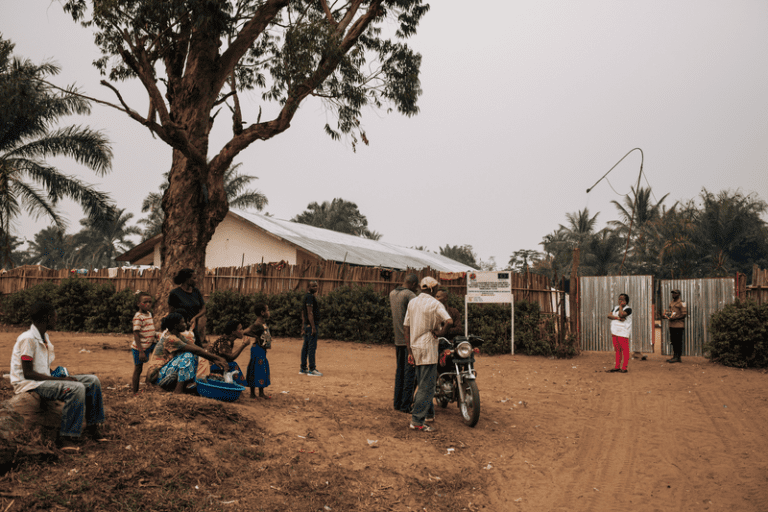
The Democratic Republic of Congo’s (DRC) central Kasai provinces have suffered from repeated, violent uprisings by a local militia, known
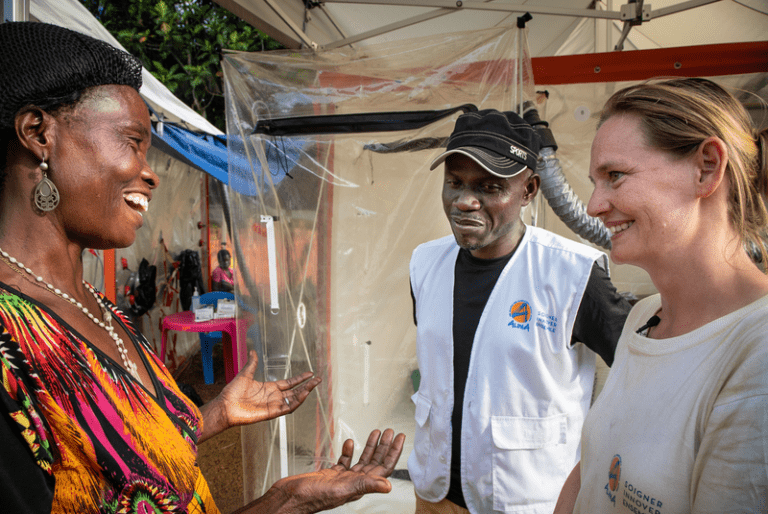
Kinshasa/Dakar, July 1st, 2017. The Ministry of Health has declared the end of the Ebola outbreak in the Democratic Republic
An outbreak of Ebola has struck the Bas-Uélé province in the Democratic Republic of Congo (DRC). While it is relatively
We offer country-specific donation forms to give you access to local payment options and tax benefits.
Please wait while you are redirected to the right page...